The growing influence of Brazil's evangelical movement has become one of the most significant socio-political developments in the country in recent decades. Once a predominantly Catholic nation, Brazil has seen a dramatic shift in its religious landscape, with evangelicals now accounting for nearly a third of the population. This transformation is reshaping not just spiritual practices but also politics, culture, and public policy in Latin America's largest democracy.
The roots of Brazil's evangelical boom can be traced back to the mid-20th century when Pentecostal missionaries from the United States began establishing churches in urban centers. However, it was during the military dictatorship (1964-1985) that these groups found particularly fertile ground. The Catholic Church's opposition to the regime created a vacuum that evangelical churches filled, offering spiritual comfort without challenging authoritarian rule. Their simple message of personal salvation and promise of prosperity resonated deeply with Brazil's growing urban poor.
What began as a grassroots religious movement has evolved into a powerful political force. Evangelical churches have mastered the art of media outreach, operating television networks that rival major broadcasters in viewership. Their pastors have become celebrities, with some amassing fortunes through tithes and media empires. This combination of spiritual authority and media savvy has given evangelicals unprecedented influence over their followers' voting behavior.
The political awakening of Brazil's evangelicals became particularly evident during the impeachment proceedings against President Dilma Rousseff in 2016. Evangelical lawmakers played a crucial role in her removal, framing it as a moral crusade against corruption. This marked a turning point where the movement shifted from being a passive interest group to an active shaper of national politics. Since then, evangelical representatives have successfully pushed for conservative policies on issues ranging from abortion to LGBTQ rights.
Jair Bolsonaro's presidency (2019-2022) represented the high-water mark of evangelical political influence. The far-right leader openly courted evangelical support, appointing prominent pastors to his cabinet and frequently invoking Christian rhetoric. His administration's policies reflected evangelical priorities, including loosening gun laws (justified as self-defense against urban crime) and attacking what they termed "gender ideology" in schools. Bolsonaro's close alliance with evangelical leaders helped him weather multiple scandals and maintain strong approval ratings among this constituency.
Beyond national politics, the evangelical movement is transforming Brazilian society at the grassroots level. In poor neighborhoods, churches often provide social services that the state fails to deliver, from drug rehabilitation programs to job training. This practical assistance, combined with spiritual guidance, has made evangelicalism particularly appealing in marginalized communities. The movement's emphasis on personal responsibility and moral discipline offers a compelling alternative to both the fatalism of traditional folk Catholicism and the revolutionary rhetoric of leftist activists.
The cultural impact of Brazil's evangelical surge is equally profound. The country's famous Carnival, once synonymous with sexual liberation and Catholic syncretism, now features growing numbers of evangelical-themed floats and parties that promote chastity and temperance. In music, gospel has become one of the fastest-growing genres, with evangelical artists dominating charts previously ruled by samba and secular pop. Even Brazil's telenovelas, known for their progressive storylines, have incorporated more evangelical characters and themes in response to viewer demand.
This cultural shift has sparked backlash from more secular sectors of Brazilian society. Critics accuse evangelicals of trying to impose their moral values on the entire population through legislation and media censorship. There have been heated debates over the teaching of evolution in schools, the display of religious symbols in public spaces, and funding for Afro-Brazilian religions. Some fear Brazil is moving toward a de facto theocracy, with evangelical leaders wielding disproportionate influence over government decisions.
Internationally, Brazilian evangelicals have become major players in global Christian networks. Mega-churches like the Universal Church of the Kingdom of God have established branches across Africa, Europe, and North America, often targeting immigrant communities. Brazilian missionaries are particularly active in Portuguese-speaking Africa, where they promote both their religious message and a conservative social agenda. This international expansion mirrors the global ambitions of American evangelicals but with a distinctly Brazilian flavor.
Looking ahead, the evangelical movement shows no signs of slowing its growth or political engagement. As Brazil prepares for future elections, candidates across the spectrum are courting evangelical voters with increasing fervor. The movement itself is becoming more diverse, with some progressive evangelical voices emerging to challenge the dominant conservative narrative. What remains clear is that understanding modern Brazil requires understanding its evangelical revolution - a force that has reshaped the country's identity and will continue to influence its future trajectory.
The complex interplay between faith and politics in Brazil raises fundamental questions about the nature of democracy in an era of rising religious nationalism. As evangelical churches continue to gain members and political clout, the country serves as a fascinating case study of how religious movements can transform societies from the ground up. Whether this influence ultimately strengthens or weakens Brazil's democratic institutions remains one of the most pressing questions facing the nation.
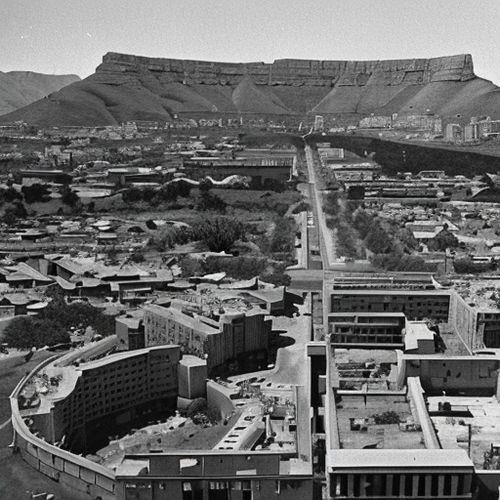
By Eric Ward/Apr 19, 2025
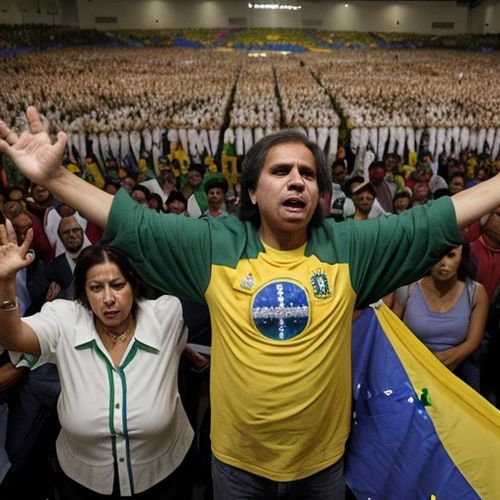
By James Moore/Apr 19, 2025
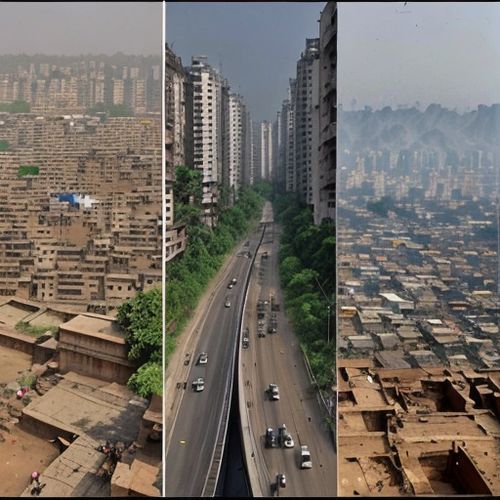
By Daniel Scott/Apr 19, 2025
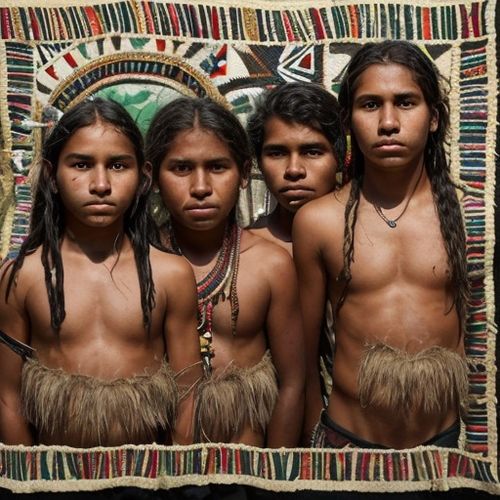
By George Bailey/Apr 19, 2025
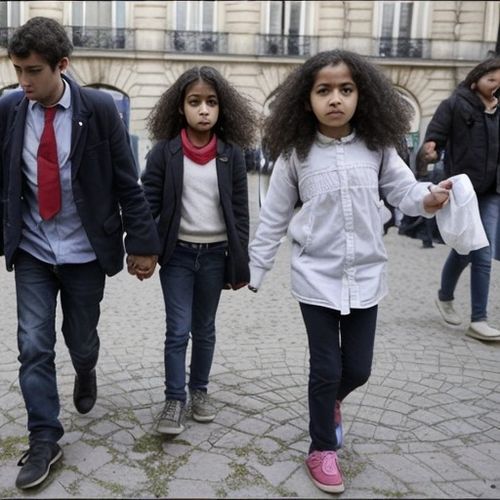
By Amanda Phillips/Apr 19, 2025

By Amanda Phillips/Apr 19, 2025
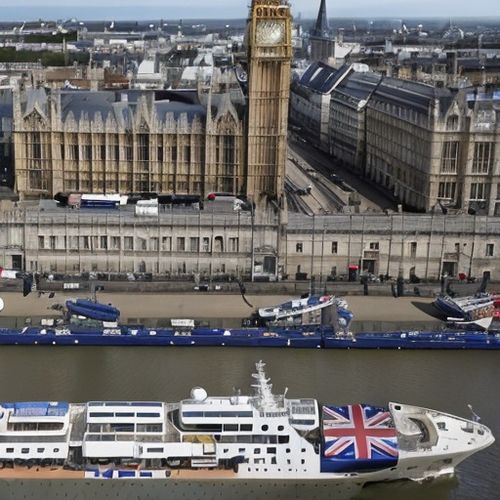
By Joshua Howard/Apr 19, 2025
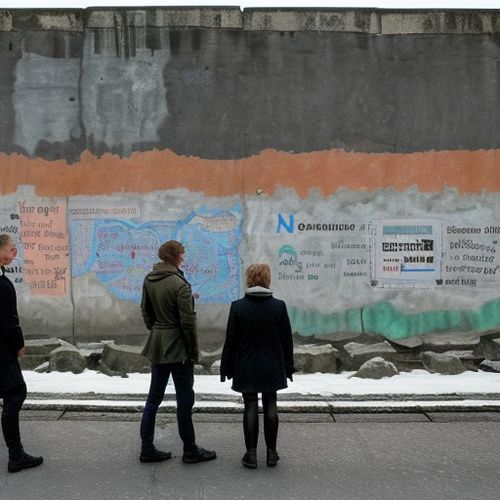
By Thomas Roberts/Apr 19, 2025

By Thomas Roberts/Apr 19, 2025

By Noah Bell/Apr 19, 2025
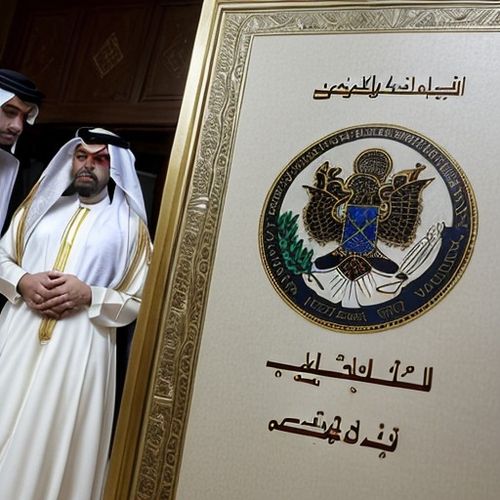
By James Moore/Apr 19, 2025

By Rebecca Stewart/Apr 19, 2025
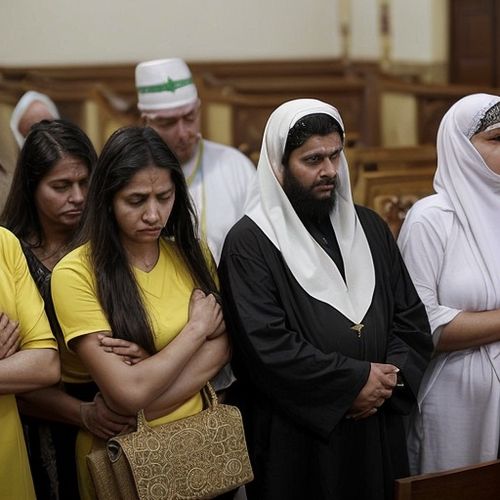
By Noah Bell/Apr 19, 2025
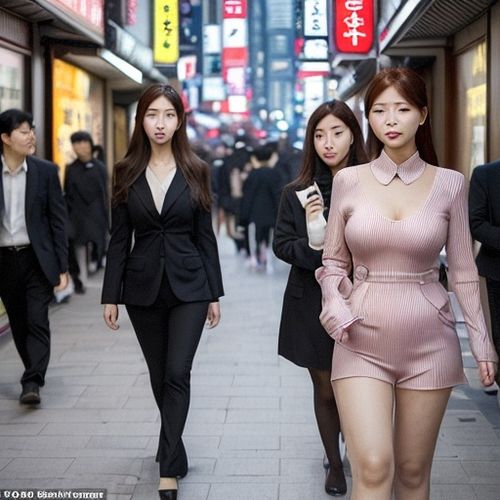
By Elizabeth Taylor/Apr 19, 2025
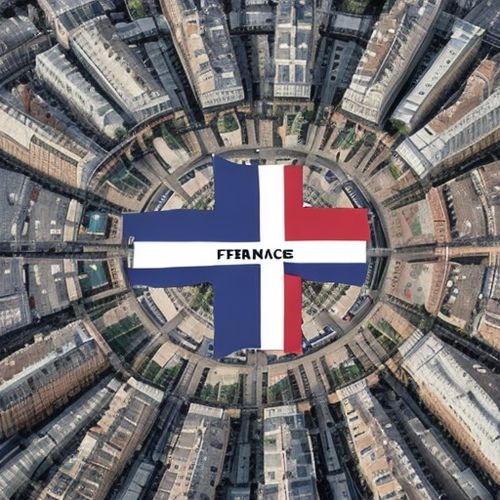
By Benjamin Evans/Apr 19, 2025
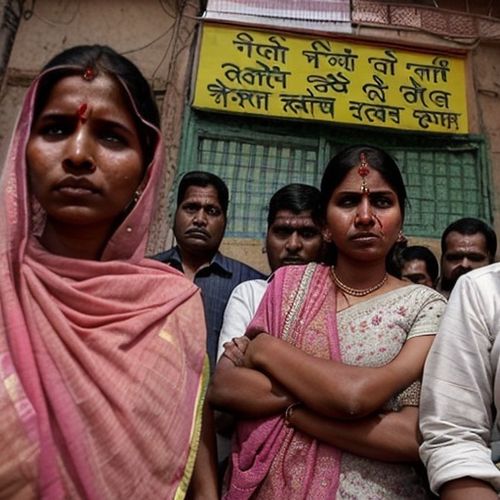
By Laura Wilson/Apr 19, 2025
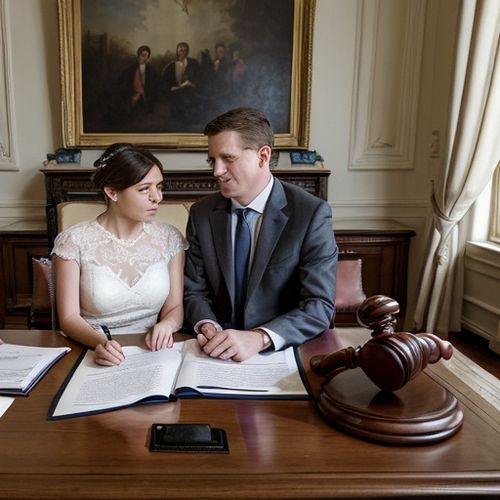
By Victoria Gonzalez/Apr 19, 2025
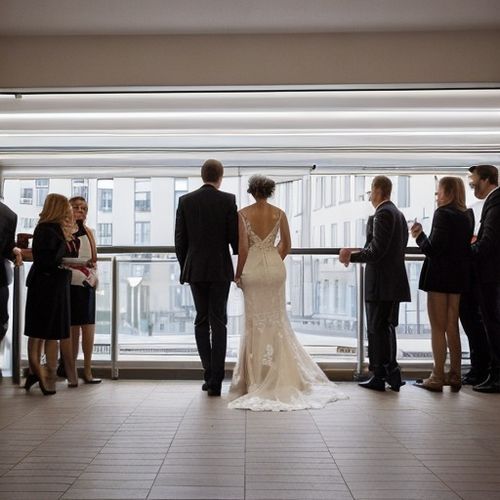
By Laura Wilson/Apr 19, 2025
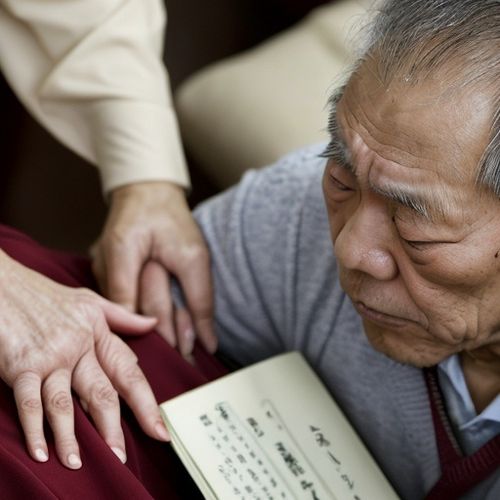
By Laura Wilson/Apr 19, 2025

By Sophia Lewis/Apr 19, 2025